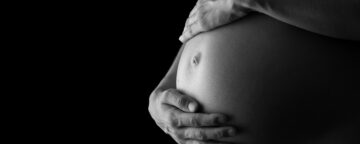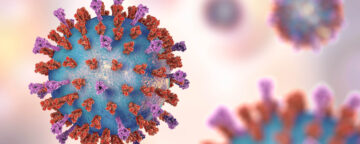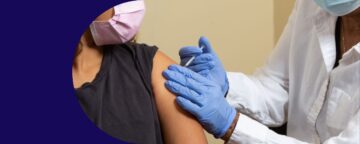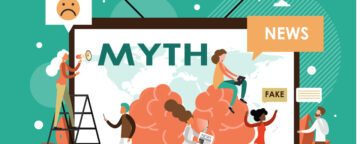There are substantial gaps in knowledge about maternal health, according to new survey data. In addition, few people know that 988 is the new Suicide and Crisis Lifeline.


There are substantial gaps in knowledge about maternal health, according to new survey data. In addition, few people know that 988 is the new Suicide and Crisis Lifeline.

New survey-based research finds that adults who embraced a conspiratorial mindset in 2021 were more resistant to vaccinating a child against Covid-19 the following year.

RSV is a serious health threat, but a new survey from the Annenberg Public Policy Center finds that the public is ill-informed about it and unfamiliar with some common symptoms.

On average, corrections of misinformation in science did not succeed, but a new meta-analysis identifies political and psychological factors that make corrections more successful.

A report from the Annenberg Public Policy Center explains why the federal vaccine safety reporting system, or VAERS, should be renamed.

A new study co-authored by Dolores Albarracín finds that redirecting an individual’s attention away from misinformation and toward other beliefs can be as effective as debunking it.

The policy center's spring 2023 ASAPH report finds that women of childbearing age are more likely than other adults to doubt the safety of vaccination against Covid-19 and flu during pregnancy.

In a Q&A, Penn political scientist Matt Levendusky, head of APPC's Institutions of Democracy, discusses his book "Our Common Bonds" and reducing partisan animosity.

A new study from Dolores Albarracín and Haesung Annie Jung finds that some Covid-19 statistics are more effective than others at encouraging people to change their behavior.

An Annenberg Science Knowledge survey of over 1,600 U.S. adults finds that many have a base of knowledge about the flu, but misinformation about flu, Covid-19, and vaccination persists.